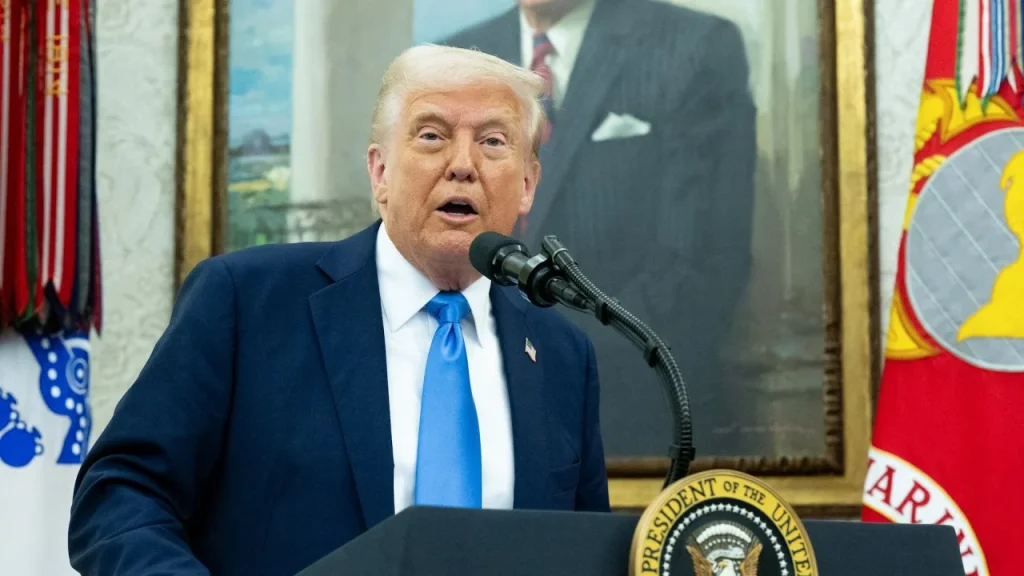President Donald Trump’s administration announced on Thursday the nomination of U.S. Air Force Lieutenant General Alexus Grynkewich as the next top U.S. general in Europe and Supreme Allied Commander Europe (SACEUR), a dual role overseeing U.S. European Command (EUCOM) and NATO operations across the continent.
The decision aims to reassure NATO allies and some Republicans amid concerns about a potential reduction in U.S. military leadership within the alliance. Grynkewich’s nomination requires U.S. Senate confirmation.
Significance of the Nomination
The SACEUR position, established post-World War II and first held by General Dwight D. Eisenhower in 1951, has traditionally been filled by a U.S. general, symbolizing America’s commitment to NATO.
Grynkewich’s nomination signals continuity in U.S. leadership, easing fears of a strategic pivot away from Europe, particularly as Trump’s administration shifts focus toward Asia and homeland security.
If confirmed, Grynkewich would succeed General Christopher Cavoli, who has led NATO’s response to Russia’s 2022 invasion of Ukraine, overseeing significant U.S. aid to Kyiv.
Grynkewich’s Background
Currently the director of operations for the Joint Chiefs of Staff, Lt. Gen. Grynkewich is an experienced aviator with over 2,300 flight hours as an F-16 and F-22 pilot.
His nomination reflects Trump’s confidence in his ability to lead NATO’s military operations and EUCOM, which oversees U.S. forces in Europe.
Trump’s NATO Strategy
Since taking office in January 2025, Trump has pressed NATO allies to increase defense spending, advocating for a rise from the current 2% GDP target to 5%.
No country, including the U.S., currently meets this ambitious goal, but U.S. Defense Secretary Pete Hegseth expressed optimism after a NATO defense ministers’ meeting in Brussels on Thursday.
“Countries are well exceeding 2%, and we’re close to consensus on a 5% commitment,” Hegseth said, signaling progress in aligning allies with Trump’s vision.
Implications for NATO
Grynkewich’s potential leadership comes at a critical juncture as NATO pursues advancements in AI and other technologies while addressing security challenges in Europe, particularly in light of ongoing tensions with Russia.
His nomination has been welcomed by allies, calming concerns about U.S. disengagement from NATO, especially as Trump emphasizes European responsibility for continental defense.
Next Steps
The Senate confirmation process will determine Grynkewich’s appointment, with allies and observers awaiting the outcome.
If confirmed, he will assume a pivotal role in shaping NATO’s strategic direction and reinforcing U.S. commitment to European security.
The nomination underscores Trump’s balancing act between urging greater European contributions and maintaining America’s traditional leadership in the alliance.




















